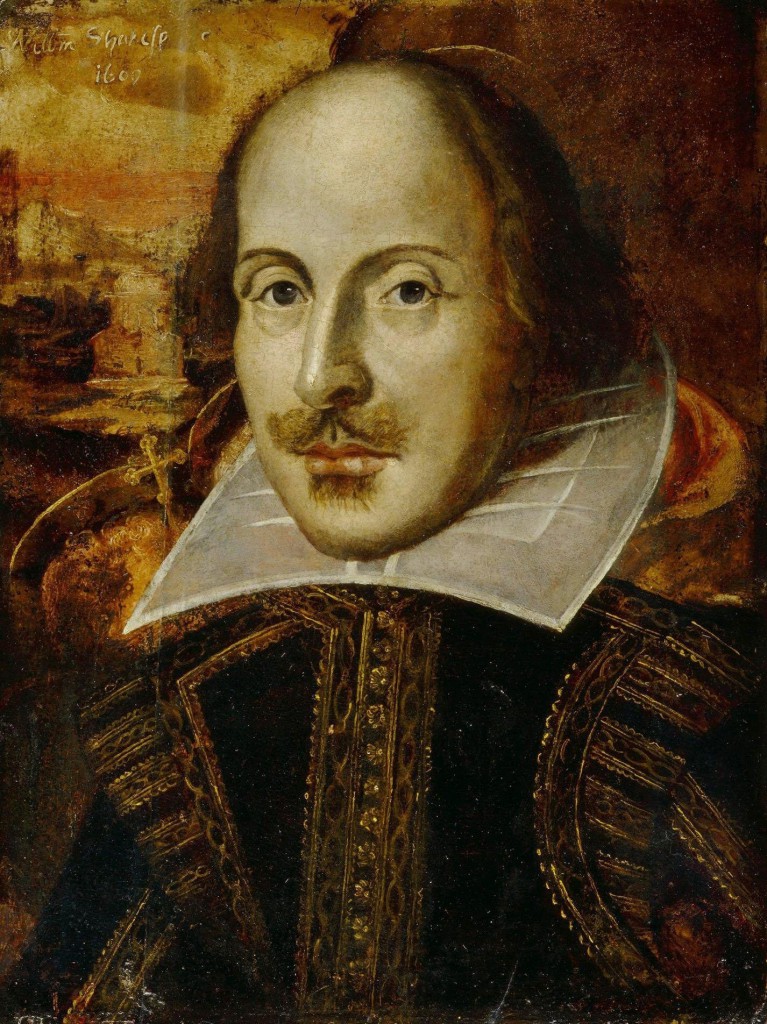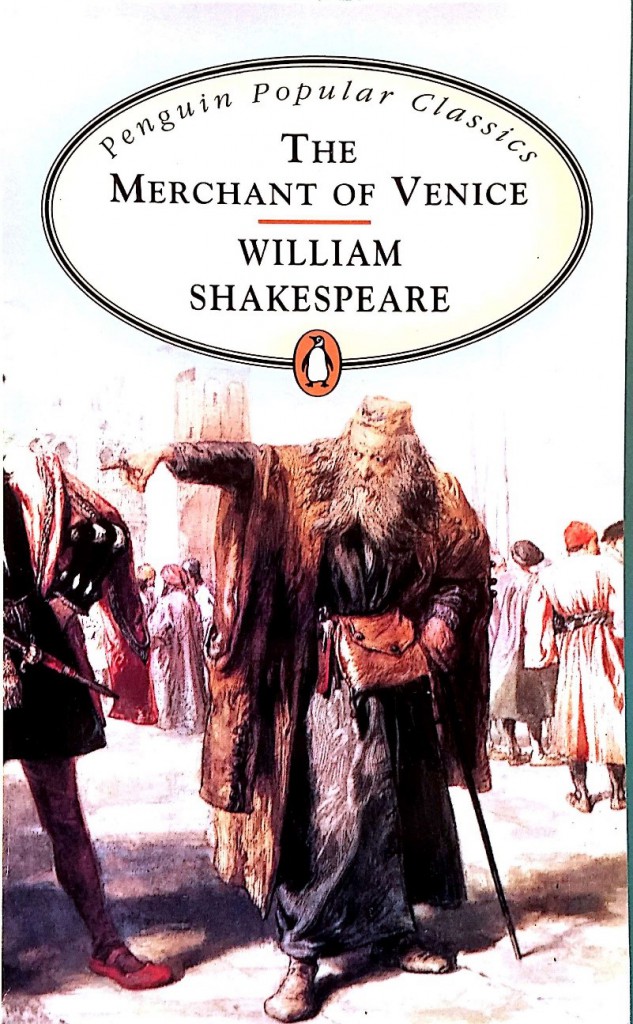
William Shakespeare is considered to be the most important figure in English literature. To remember Shakespeare’s life, which ended in 1616, the year 2016 has been dedicated to him with numerous presentations, plays, lectures, festivals, etc. organized and performed worldwide. The text below contains some basic facts about the Bard’s life and work, along with some of his most popular quotes which had not only become the literatures’s most famous lines but also catch phrases in modern English and widely recognized pearls of wisdom.
BASIC FACTS
NAME
William Shakespeare
OCCUPATION
poet, playwright
BIRTH DATE
April 23, 1564
DEATH DATE
April 23, 1616
PLACE OF BIRTH/DEATH
Stratford- upon- Avon, UK
EDUCATION
King’s New School
FAMILY
Wife Anne Hathaway
Children – daughter Susanna; twins Hamnet and Judith
NICKNAME
Bard of Avon
Swan of Avon
The Bard
PLAYS
Hamlet, Prince of Denmark
Romeo and Juliet
Othello, the Moor of Venice
Macbeth
King Lear
Julius Caesar
As You Like It
The Merchant of Venice
Measure for Measure
A Midsummer Night’s Dream
Much Ado About Nothing
The Taming of the Shrew
The Tempest
Twelfth Night; or, What You Will
The Merry Wives of Windsor
Cymbeline
Richard II
Richard III
Henry IV
Henry V
Henry VI
Henry VIII
Titus Andronicus
Antony and Cleopatra
The Comedy of Errors
The Two Gentlemen of Verona
Love’s Labour’s Lost
King John
Trolius and Cressida
All’s Well That Ends Well
Coriolanus
Timon of Athens
Pericles
The Winter’s Tale

MOST MEMORABLE QUOTES
Hamlet, Prince of Denmark
“To be, or not to be,- that is the question:-” (Act III, Scene I)
“Neither a borrower nor a lender be: /For loan oft loses both itself and friend;/ And borrowing dulls the edge of husbandry.” (Act I, Scene III)
“This above all,- to thine own self be true;” (Act I, Scene III)
“The lady doth protest too much, methinks.” (Act III, Scene II)
Romeo and Juliet
“O Romeo, Romeo! wherefore art thou Romeo?” (Act II, Scene I)
“…, tempt not a desperate man;” (Act V, Scene III)

Othello, the Moor of Venice
“But I will wear my heart upon my sleeve/For daws to peck at:” (Act I, Scene I)
“‘T is neither here not there.” (Act IV, Scene III)
King Lear
“How sharper than a serpent’s tooth it is/ To have a thankless child!” (Act I, Scene IV)
“Have more than thou showest,/ Speak less than thou knowest,/ Lend less than thou owest,” (Act I, Scene IV)


Macbeth
“…: what’s done is done.” (Act III, Scene II)
“Will all great Neptune’s ocean wash this blood/ Clean from my hand? No; this my hand will/ rather/ The multitudinous seas incarnadine, /Making the green one red.”(Act II, Scene II)
Julius Caesar
“Friends, Romans, countrymen, lend me your ears; /I come to bury Caesar, not to praise him.” (Act III, Scene II)
“but, for my own part, it was Greek to me.” (Act I, Scene II)
“… a dish fit for the gods,” (Act II, Scene I)
“beware the ides of March.” (Act I, Scene II)
“Et tu, Brute?” (Act III, Scene I)
“When that the poor have cried, Caesar hath wept:/ Ambition should be made of sterner stuff.” (Act III, Scene II)
As You Like It
“All the world’s a stage,/ And all the men and women merely players:/ They have their exits and their entrances;/ And one man in his time plays many parts.” (Act II, Scene VII)
“The fool doth think he is wise, but the wise man knows himself to be a fool.” (Act V, Scene I)
A Midsummer Night’s Dream
“The course of true love never did run smooth;” (Act I, Scene I)
The Tempest
“We are such stuff/ as dreams are made on; and our little life/ is rounded with a little sleep.” (Act IV, Scene I)
The Merchant of Venice
“But love is blind, and lovers cannnnot see” (Act II, Scene V)
“If you prick us, do we not bleed? if you tickle us, do we not laugh? if you poison us, do we not die? and if you wrong us, shall we not revenge?” (Act III, Scene I)

Measure for Measure
“Our doubts are our traitors,/ And make us lose the good we oft might win/ By fearing to attempt.” (Act I, Scene IV)
“Some rise by sin, and some by virtue fall;” (Act II, Scene I)
Twelfth Night; or, What You Will
“but/ be not afraid of greatness: some are born great,/ some achieve greatness, and some have greatness/ thrust upon ’em.” (Act II, Scene V)
The Merry Wives of Windsor
“; better three hours too soon than a minute too/ late,” (Act II, Scene II)
Cymbeline
“-The game is up.” (Act III, Scene III)
King Richard the Third
“Now is the winter of our discontent.” (Act I, Scene I)
“A horse! a horse! my kingdom for a horse!” (Act V, Scene IV)
“So wise so young, they say, do never live long.” (Act III, Scene I)

Quotations taken from: The Complete Works of William Shakespeare, Wordsworth Editions Limited, Ware, Hertfordshire, 1996.
Sanja Bura, September 2016
